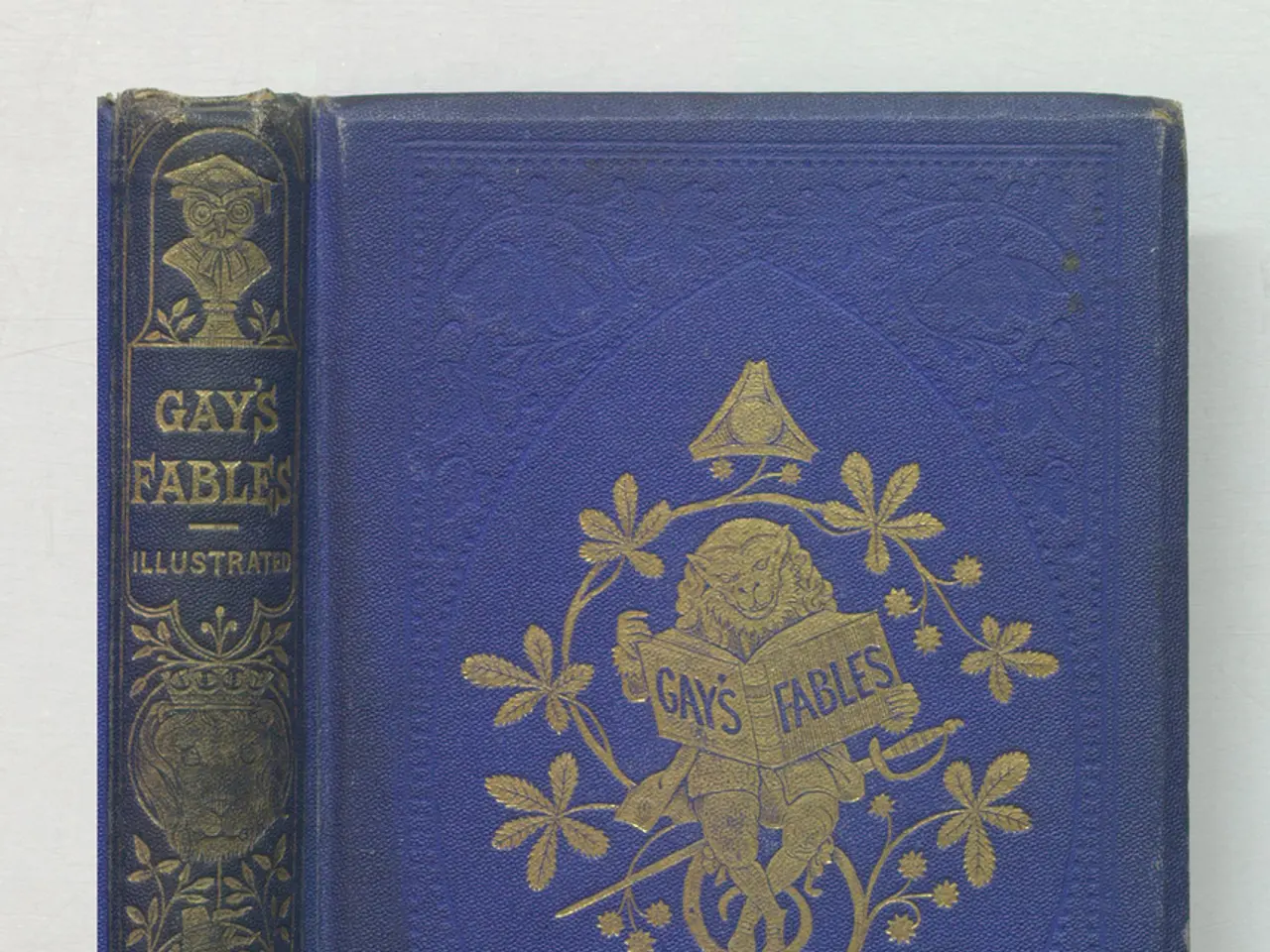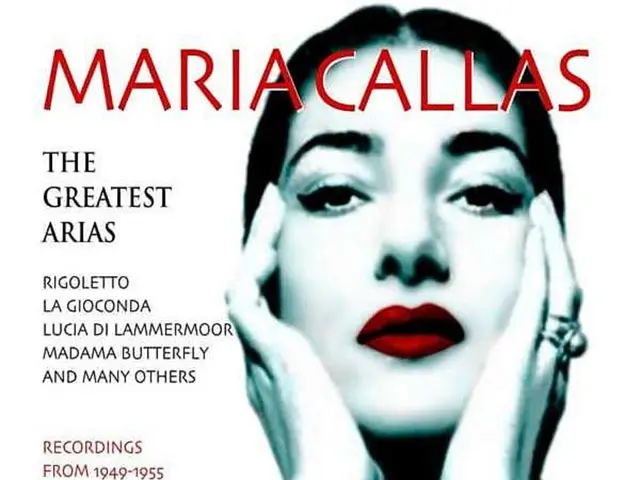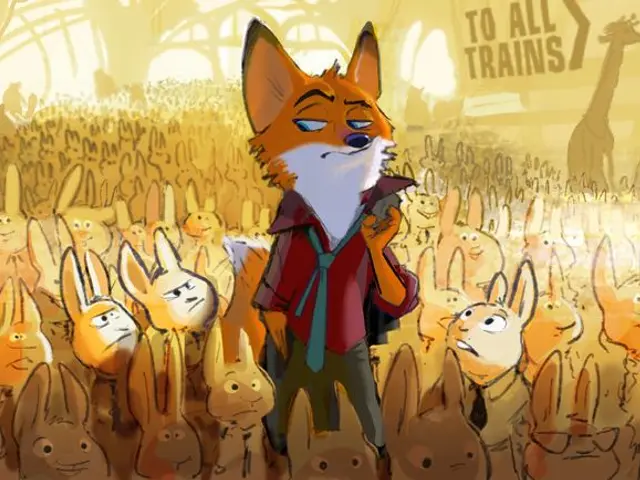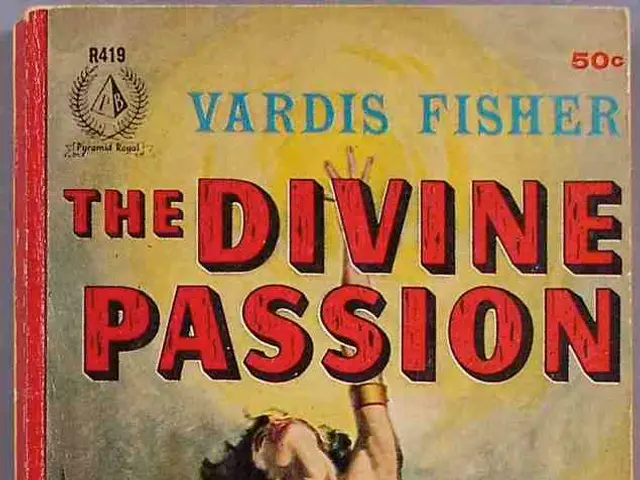Europe Losing Its Unique Flair?
In the realm of fantasy storytelling, the medieval European setting has long been a staple, with tales of chivalric romance and heroic quests captivating readers for centuries. But why is this the case?
The roots of this trend lie in the tradition of chivalric romance and medieval narrative forms, which have become central to fantasy storytelling. Medieval English stories, as part of this broader European medieval romance tradition, heavily influenced the genre through their narratives of chivalry, honor, heroic adventure, and the rescue of ladies from monsters. Works like Beowulf and The Legend of King Arthur set the stage, shaping the archetypal medieval fantasy world.
This dominance is further reinforced by the inheritance of medieval European romance literature, originally written in languages including Old French, Anglo-Norman, and Middle English. Tales such as The Song of Roland and Arthurian legends established a template of knights and quests that continue to resonate deeply with fantasy’s narrative structure.
The prominence of courtly love and chivalry emerging especially from the Matter of Britain (Arthurian Legends) laid a foundation for idealized romantic and heroic themes repeatedly adapted in fantasy literature.
As medieval English stories were translated and adapted, they extended the reach of these themes and motifs, with works like King Horn and Havelok the Dane contributing to the motif canon foundational to fantasy storytelling.
However, it's important to note that the world of fantasy settings is much bigger than a continent. While many fantasy books are comparable to English, Irish, or Norse cultures, introducing Chinese or Middle-eastern cultures in fantasy stories can help make them unique. Combining cultures can also be an interesting approach in fantasy storytelling.
Despite the prevalence of medieval European settings, it's not uncommon for these narratives to become too redundant. As a young writer living in Dayton, Idaho, working on the next chapter of The Tales of Draco series, I enjoy reading about knights, castles, dragons, and adventures in lush countrysides. But I also relish the thought of exploring new cultures and blending them in my stories to create something fresh and exciting.
If you're keen to delve deeper into the world of fantasy literature, be sure to check out our related articles: "6 Telltale Signs You're Reading an Epic Fantasy Novel", "3 Things That Make a Great 1st Line", and "The Low-Down on Urban Fantasy". They're all waiting for you in the "Writing Articles" section.
Want to share this content with your network? Feel free to share it on X, Facebook, Tumblr, Pinterest, LinkedIn, Reddit, or Email.
References: [1] J. Scholes, The Arthur of the English, 1967. [2] M. D. Reidy, The Origins of the English Novel, 1982.
Read also:
- "Primal instincts at play: Subnautica 2 designer notes our affinity for weapon-making stems from a fundamental desire for protection and sustenance"
- Dragon Age series might find a promising future with remasters, according to ex-BioWare producer Mark Darrah, but it seems unlikely that EA and BioWare possess the capability for such undertakings at present.
- In Verdansk, the dominance of automated systems in Warzone is causing an integration with Stalker, leading to a blurring of lines in the user's mind.
- Despite the significant success of Clair Obscur: Expedition 33, its director asserts that traditional prejudice towards turn-based RPGs persists, with real-time action games generally receiving smoother acceptance.








